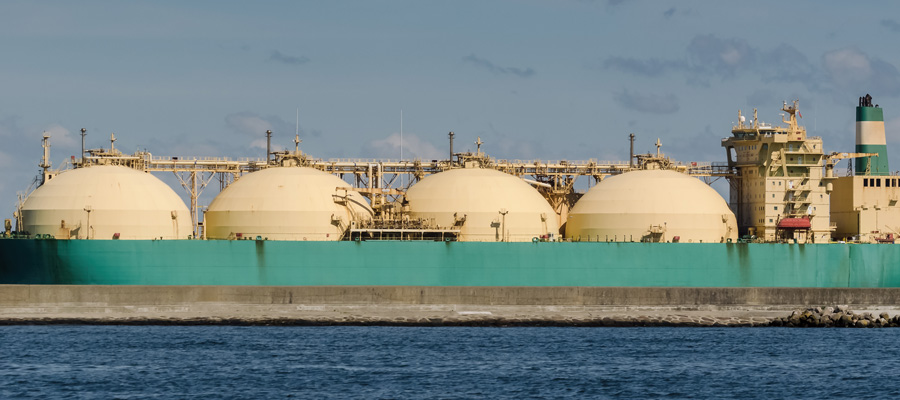Risky Business
The government’s recent rejection of the BC Utilities Commission (BCUC) decision on the Burrard Thermal power plant had nothing to do with the operations and GHG or other emissions at Burrard. BC Hydro freely admits it is business as usual with Burrard. It will operate the plant as it has in the past — to meet winter peak capacity requirements, when required, and maintain voltage stability in the Lower Mainland. The only difference is that it will be forced to buy more ‘back-up’ power from IPPs because for purposes of energy reliability the government has decreed BC Hydro must assume Burrard does not exist.
And the recent firing of BC Hydro CEO Bob Elton had nothing to do with BC Hydro’s management of its utility responsibilities. BC Hydro, under Elton, was doing what it could given all of the government policies needlessly driving up its costs.
These steps by government and the new task forces it is creating are, without question, all about doing whatever it takes to develop an export-driven IPP industry in BC. If the BCUC or Elton or anyone else weren’t 100% on-board — for the silly reason it was counter to the interests of BC Hydro’s customers — they or their decisions would be summarily dismissed. And if that isn’t enough, the task forces will be charged with figuring out what more needs to be done.
Now some people get excited about the very prospect of exports of energy or other resources. I don’t. There is nothing wrong with exports per se. After all, resource exports are what drives much of our economy.
The problem here, however, is that unlike every other resource sector, IPPs don’t want to export directly. They don’t have a product they could readily sell — intermittent seasonal energy isn’t worth very much. Their bankers wouldn’t finance them without long term guaranteed prices from BC Hydro. And their shareholders don’t want to take the market risk.
Hence, the BC Energy Plan. No longer is BC Hydro to be a utility meeting BC requirments in a cost-effective and environmentally responsible way. No — it is to be an aggregator of high cost, low value private power that in all likelihood it will sell at a significant loss. Where is David Lewis when you need him!
Here is a modest proposal. Why doesn’t the government simply tell BC Hydro that it must sell to IPPs, at a competitive price, the transmission, back-up and other services IPPs need to export power. And then, for those projects that truly are environmentally benign, let the IPPs and their bankers and shareholders decide.
It is a simple question that the government has yet to address: why should BC Hydro ratepayers be forced to take on the risks that the IPPs themselves refuse to take?
Topics: Climate change & energy policy, Economy


